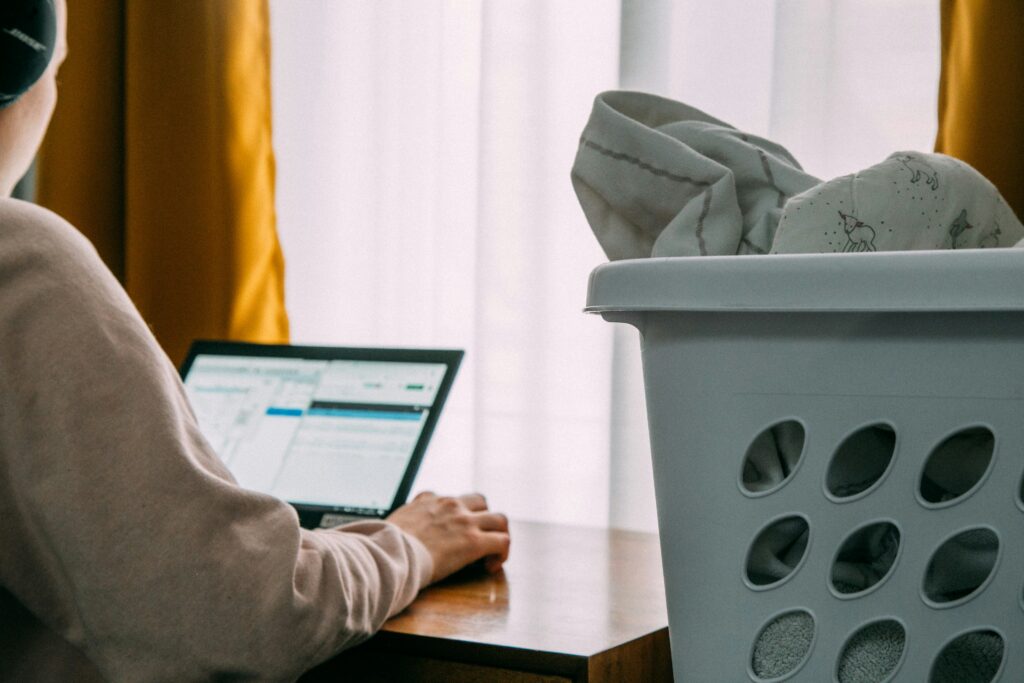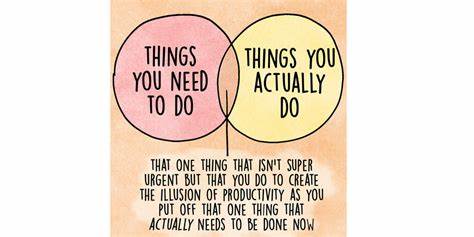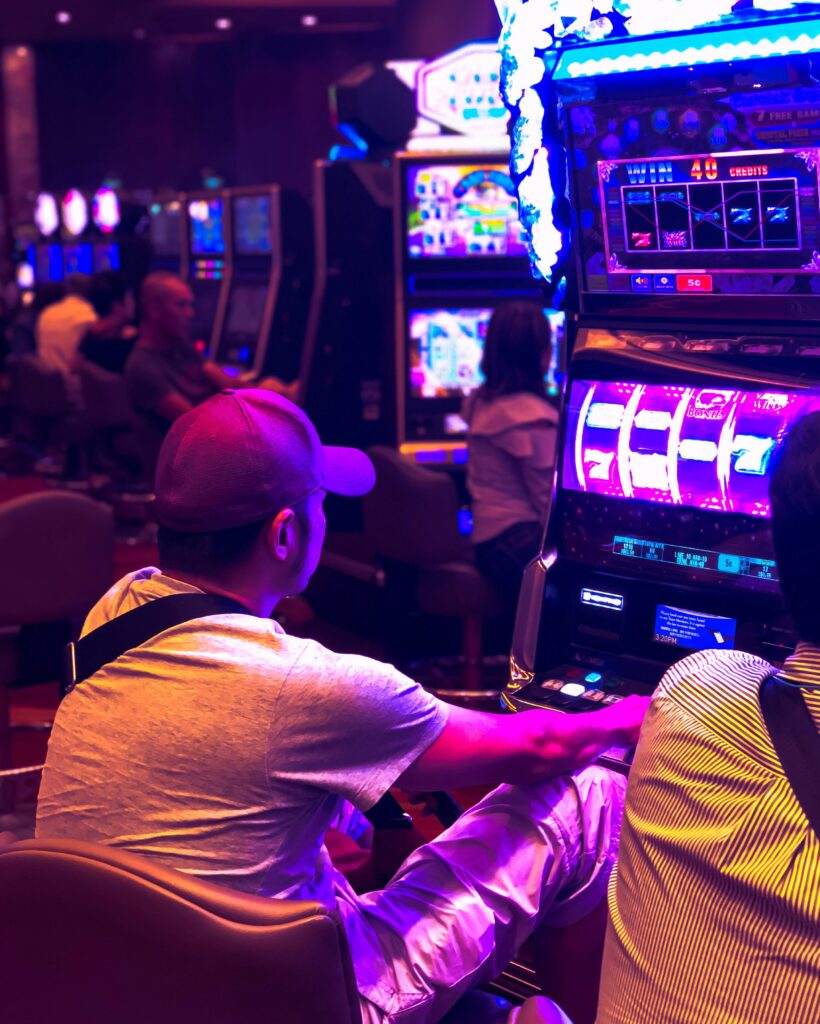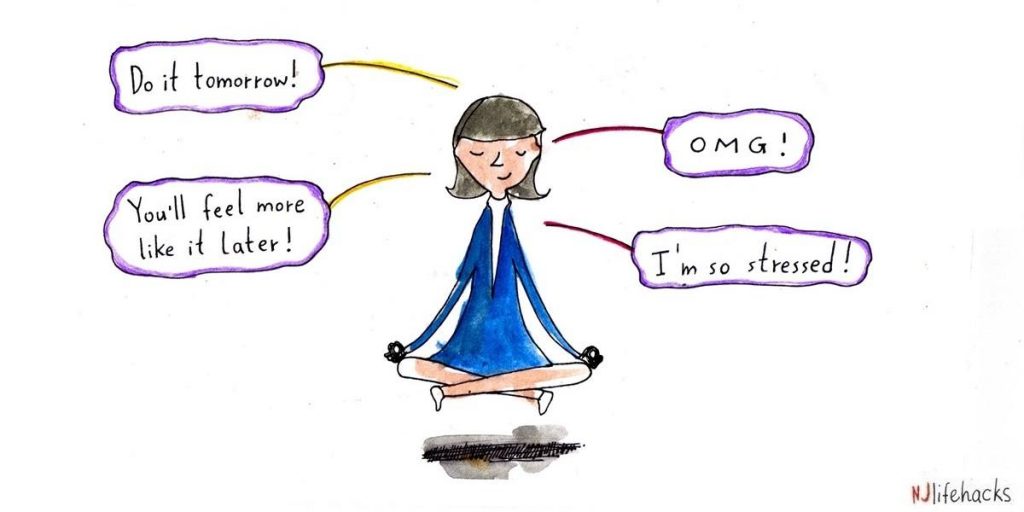We all like getting lost in a good movie, watching all five seasons of Suits in one weekend, and even playing video games until 4a.m. But are all these unproblematic, and when should we actually take a step back and do some introspection? And the most important question is: Are you doing this to escape reality?
What does it look like?
Escapism looks like cleaning the entire house on a whim instead of working on an assignment. Spending five hours at the gym instead of having a really difficult conversation with your parents. It’s sleeping 12 hours a day instead of mending the broken pieces.
According to Da Vinci’s Notebook, escapism is the habit of avoiding something by means of dodging or ignoring it. It is not wanting to escape meetings at work, class seminars, or family gatherings. Rather, it is arbitrary to escape our actual lives.
Psychologically, escapism is a defense mechanism when one or all three psychological needs aren’t met. These needs are relatedness, competence, and autonomy. Escaping takes us somewhere for a moment, and sometimes for a few hours or days, even.
It’s the modern-day version of fight or flight. And well, escapism is choosing flight. This can be running away from conflict, burdens, debt, work, assessments, reports, conversations, etc.

Good now, Terrible later
The thing about escapism is that it feels good for the time being, but the issue that you’re running from will still be there once the energy has been depleted.
You did all the laundry, vacuumed the carpets, swept the yard, and decluttered your closet? Great. But your chemistry assignment is still sitting at your desk.
Active or Passive?
This is not to be confused with productive procrastination, which itself is when you deliberately delay unpleasant tasks while getting other things done in the meantime. With productive procrastination, you may find that you think clearly, make better decisions, respond better, are more creative, and do the important things first.

Nowadays, people don’t need to go far to escape, as paradise is in their hands. Thus, you find yourself spending hours on Candy Crush or scrolling through Reddit, giving your brain dopamine after dopamine hits. Once you close the app, the high wears off and the weight of the world comes down.
“There is no place in the world where you can run away from yourself.”
Jennifer Delgado, Psychology Spot
Types of escapism:
According to Dr. Ashley Olivine, the common habits of escapism include:
- Sports
- Exercise
- Shopping
- Travelling
- Alcohol
- Eating
- Daydreaming
- Literature
- Film
- Gaming
- Gambling
- Sex



Weakness or self-protection?
Some people view escapism as preserving yourself from hard tasks until you are stronger to handle them. It can be good when you really need a breather to distract yourself and relax your mind. This commonly happens with delaying dealing with trauma, going for surgery after an injury, booking another test after failing, and not engaging in an argument in the heat of the moment.
Others view it as a cowardice tactic of not wanting to face the hurdles. Choosing to escape into a deluded world means colleagues or classmates pick up your responsibilities or bear the brunt of your idleness. It can also be viewed as a red flag in relationships because you are constantly zoning out, distracted, “busy working,” or on your phone for hours. One should be cautious that escapism doesn’t become their default setting.
Plus, psychologist Jennifer Delgado states that you are more likely to deal with anxiety and depression if you are constantly avoiding things.
The only thing escapism does is delay important social and personal progress.
Da Vinci’s Notebook
Self-sabotage
Not only do you waste your time, but you also risk missing opportunities. Putting off sending {or even starting} the application, calling back someone, responding to emails—these will all count as missed opportunities, which, when you think about it, will further demotivate you, and run you down the path of self-loathe.
Strategize
If you find yourself escaping often, so much so that you simply cannot get work done, ask yourself what you should be doing instead and why you aren’t doing it. Are you afraid? Is it boring? Is it too much work?
Next, consider removing the things you run to, e.g., Netflix and mobile games. You may need to actually delete these applications from your phone, close the internet tabs, and allow someone else to oversee your spending.
Then, start off slowly with a checklist of things to accomplish in a day. Then, instead of rewarding yourself with phone time for 10 minutes (which will be an hour before you know it), take a break and prepare a meal.

Also, include other people. This means telling your roommates about your tasks and asking them to remind you or ask to see what you have completed after a certain time. This holds you accountable to do what you said you would by the time you said you would.
Furthermore, consider smaller goals. Instead of one big task, such as programming an entire website in one night, break it apart and do the homepage on Monday and the about page on Wednesday. That way, it looks more achievable, and you won’t actually dread starting with your project.
Conclusion:
The desire and need to escape are not necessarily terrible. One needs a breather once in a while. You should indulge in a good book or movie, go on vacation, and definitely train for a marathon.
However, all things should be done in moderation.
Even the most beautiful things can be toxic.
Jodi Picoult
So, the next time you catch yourself rummaging through your house or scrolling mindlessly on social media, take a pause and ask yourself: What am I subconsciously avoiding? And who is impacted by the process?



